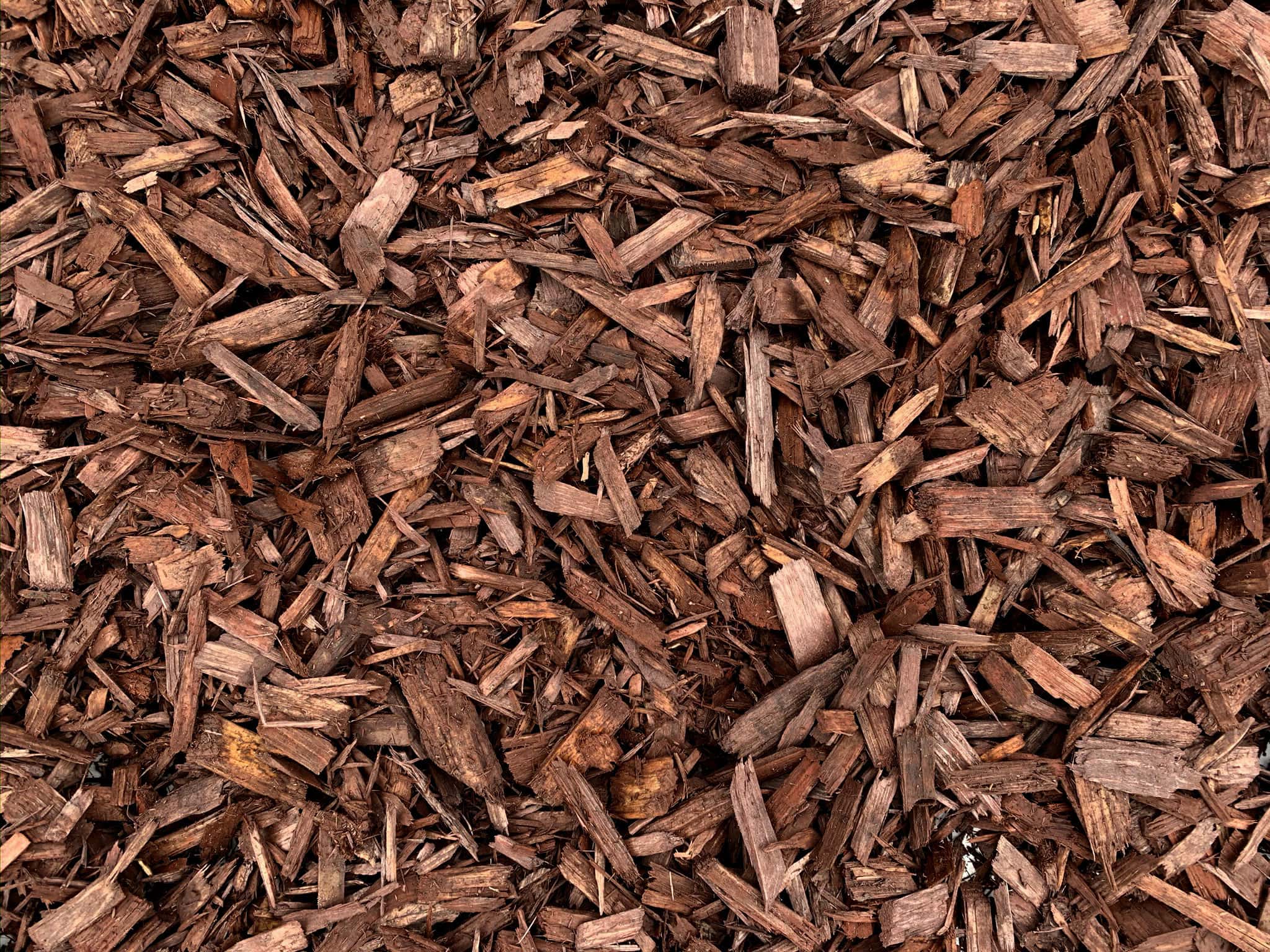While dead and rotting wood is a very natural and common element in the wild, it rarely occurs in wide, dense layers of chips.
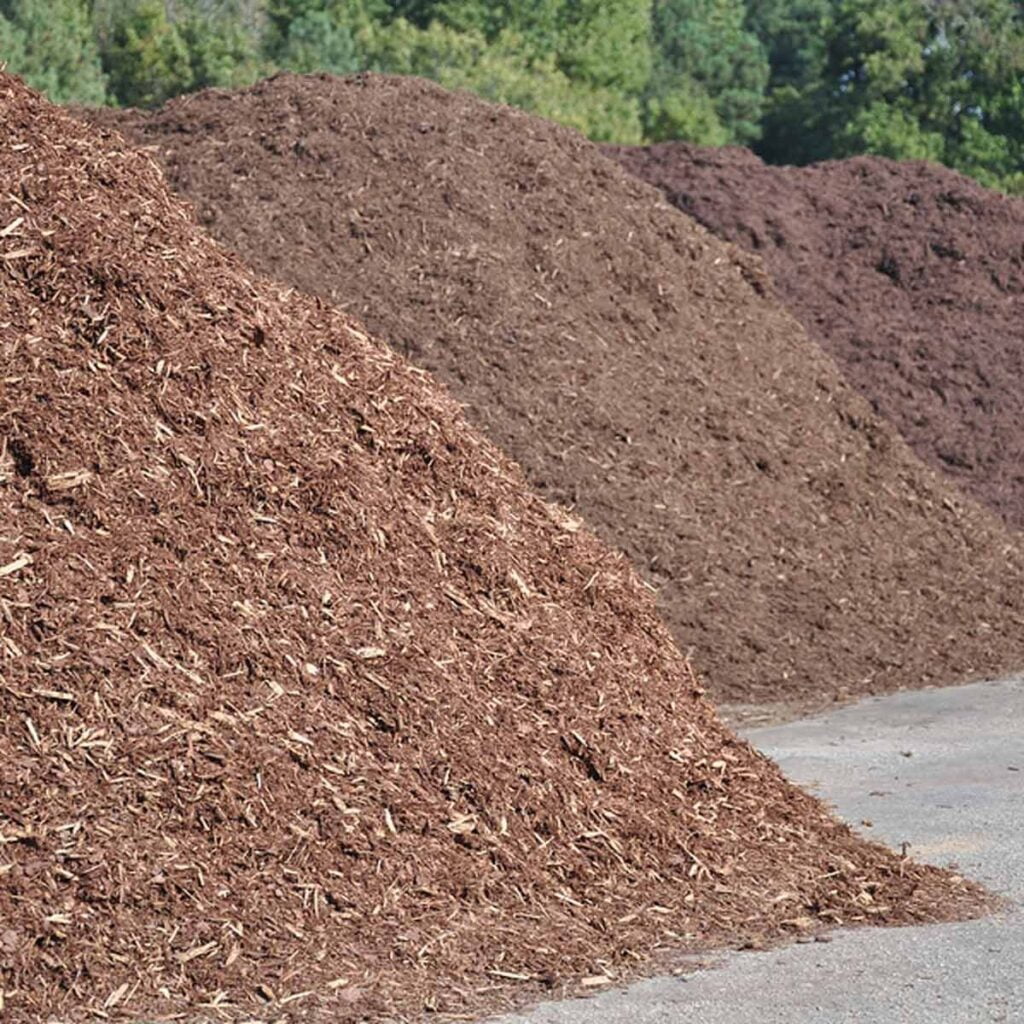
Nevertheless, mulch can have both positive and negative effects on butterfly gardening, depending on various factors.
Here are some points to consider:
Benefits of Mulch for Butterflies:
1. Moisture regulation:
Mulch helps retain soil moisture, which can be beneficial for butterfly-friendly plants that require consistent watering.
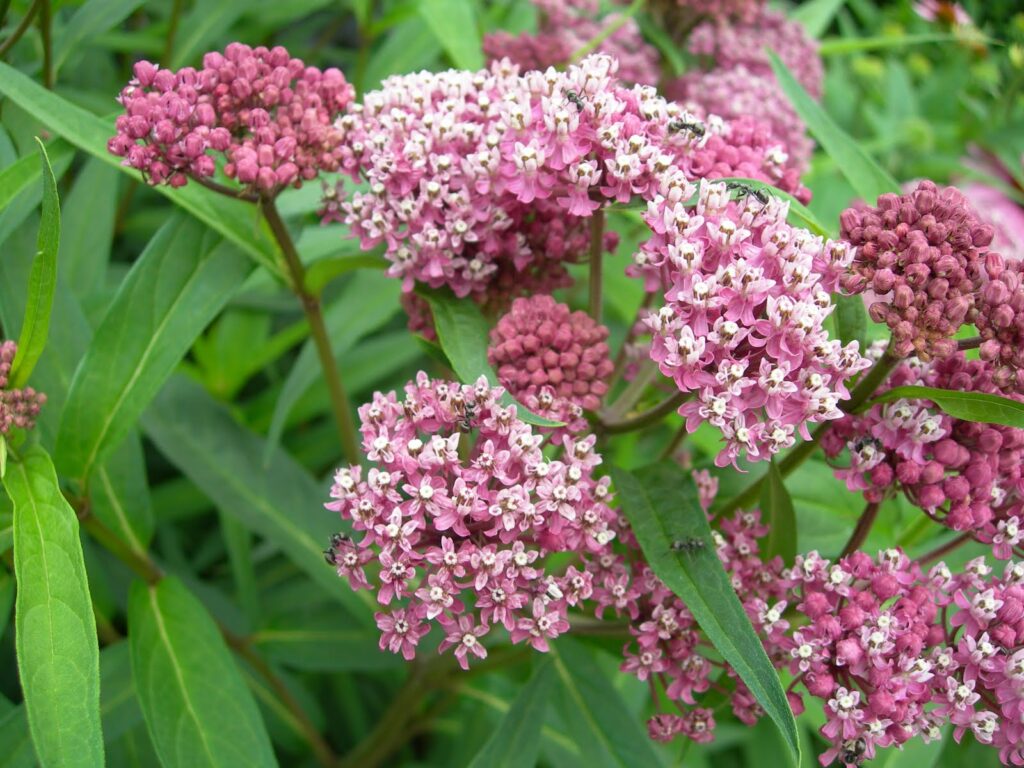
2. Overwintering habitat:
Some butterfly species overwinter in various life stages, such as chrysalis or caterpillar form. Mulch can provide insulation and protection, creating suitable overwintering habitats for these species. Without the mulch, however, overwintering can still happen successfully.
3. Weed control:
Mulch can suppress weed growth, reducing competition for resources and ensuring the butterfly garden plants have access to adequate sunlight, water, and nutrients. Yet, many plants that are considered “weeds” are likely beneficial for insects. Some good plants have “weed” right in their name, like Milkweed (Asclepias).
Drawbacks of Mulch for Butterfly Gardening:
1. Pesticide exposure:
If the mulch is treated with pesticides or herbicides, it can be harmful to butterflies and their caterpillars, as they are sensitive to these chemicals. It is crucial to avoid using pesticide-treated mulch in butterfly gardens.
2. Host plant accessibility:
Some butterfly species have specific host plants on which they lay their eggs, and their caterpillars feed exclusively on these plants. Deep or compacted mulch layers can make it challenging for caterpillars to reach their host plants or for emerging butterflies to find nectar sources. Further, mulch makes seed germination difficult, especially for plants which depend on overseeding to maintain populations, again like Milkweed.
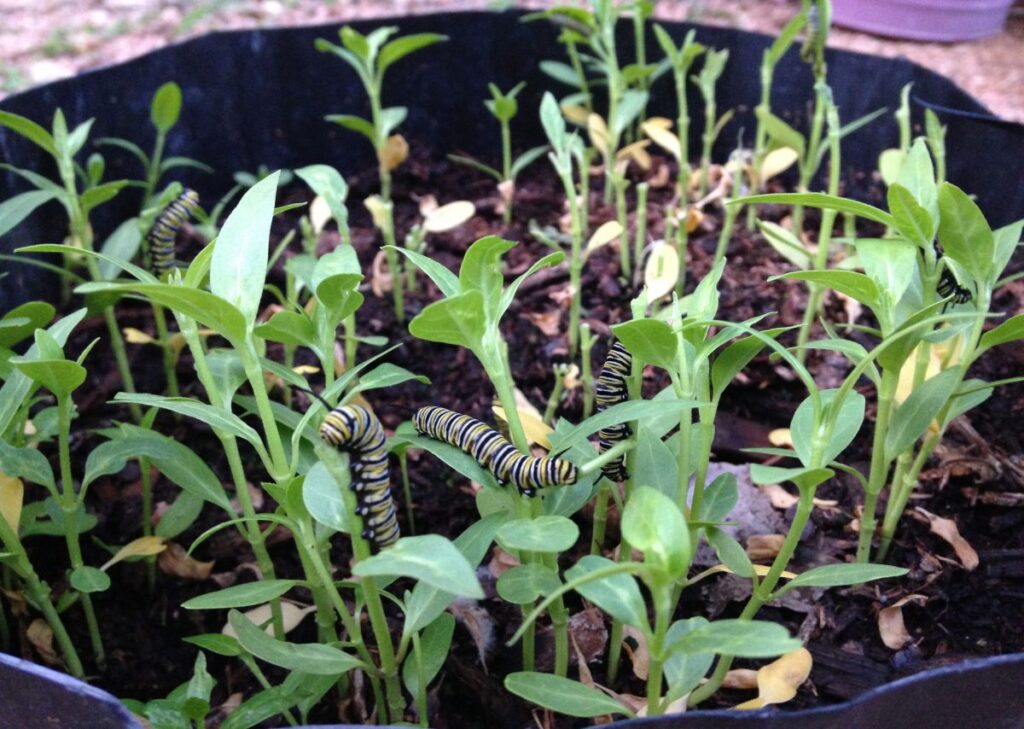
3. Reduced butterfly puddling opportunities:
Male butterflies often gather on damp soil or sand to extract minerals and salts, a behavior known as puddling. Excessive mulch may hinder their access to suitable puddling areas.
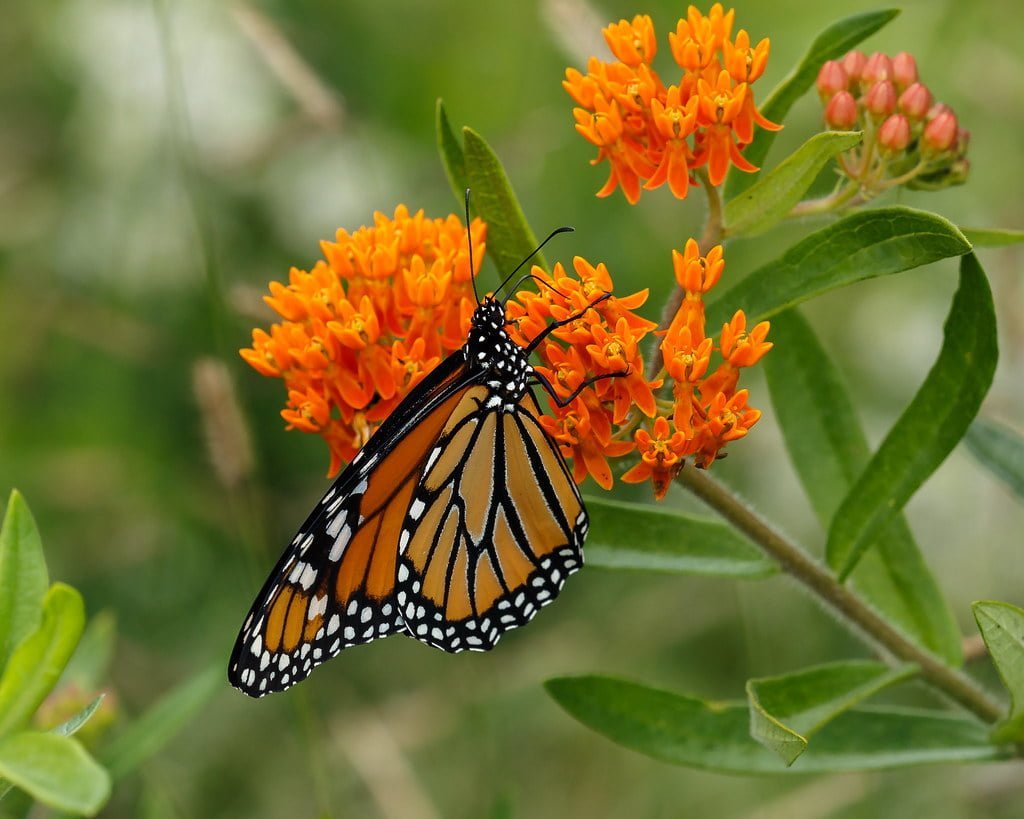
50 Butterfly Milkweed Seeds (Asclepias Tuberosa) for North America
More than 50 Orange Butterfly Milkweed Seeds (Asclepias tuberosa) originating from tobacco country for most of North America.
Guidelines for Using Mulch in Butterfly Gardens:
1. Select organic mulch:
Use organic mulch materials such as shredded leaves, straw, or composted wood chips. Avoid mulches that contain pesticides or herbicides.
2. Limit mulch depth:
Apply a thin layer of mulch, no more than 2 to 3 inches, around the base of plants. This allows easy access for caterpillars and emerging butterflies to reach host plants and nectar sources.
3. Provide bare ground areas:
Leave small patches of bare soil in sunny spots to create suitable puddling areas for male butterflies.
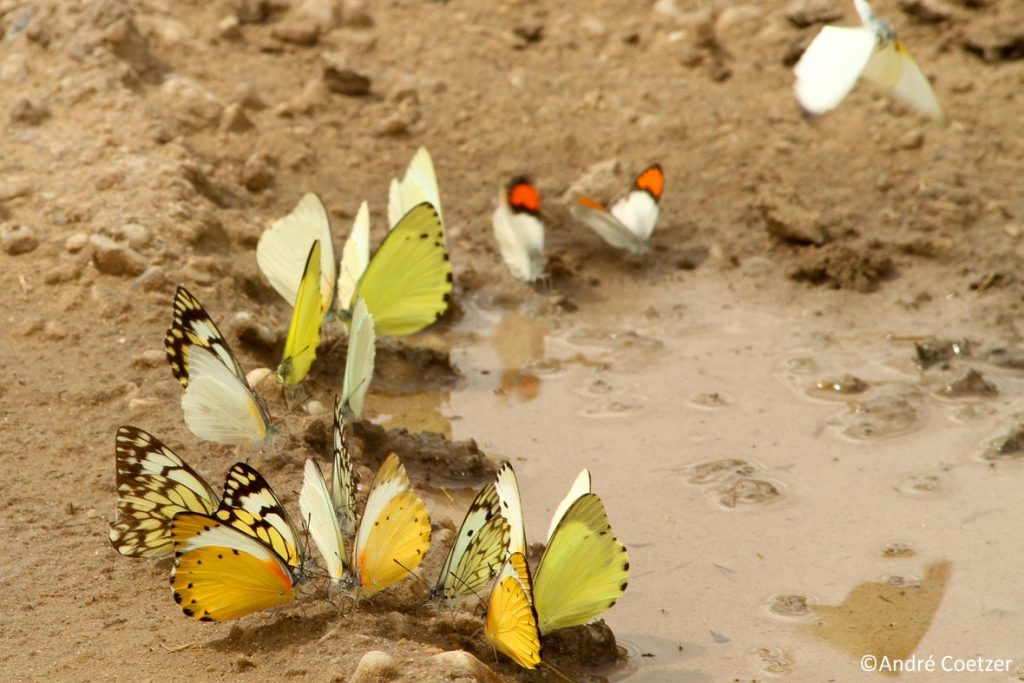
4. Monitor and maintain:
Regularly inspect the mulched areas for any signs of pests or diseases, and promptly address any issues that may arise.
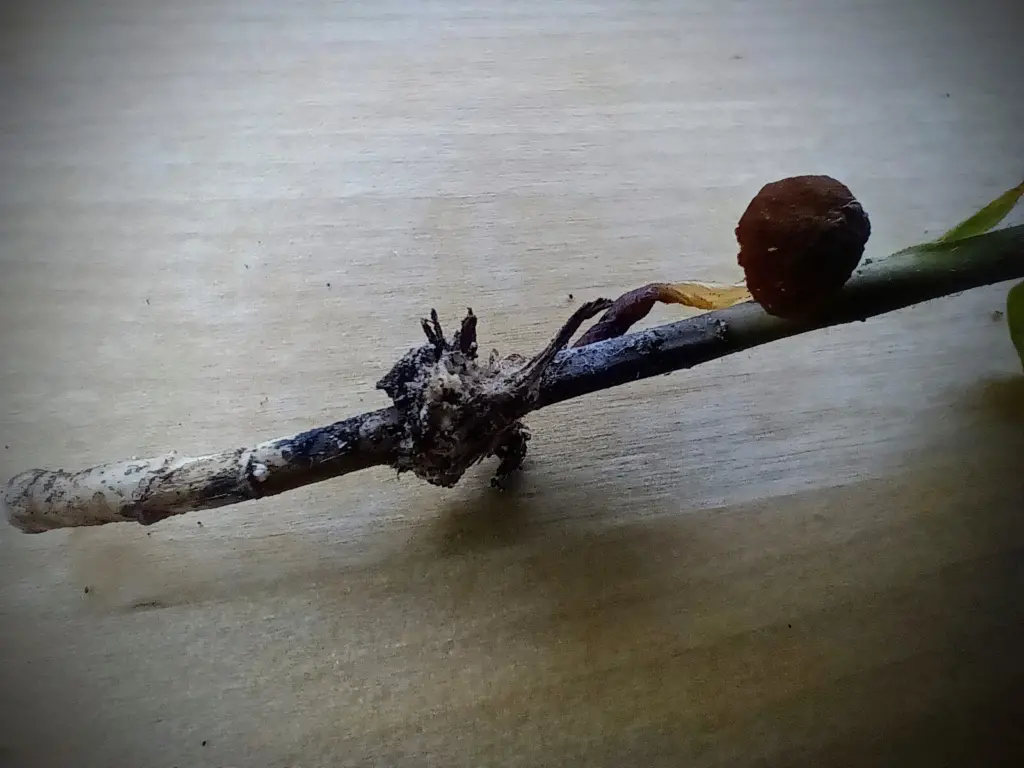
By following these guidelines and being mindful of the specific needs of butterfly species and their host plants, mulch can be used effectively in butterfly gardening while minimizing potential drawbacks and ensuring a thriving butterfly habitat… one day at a time!
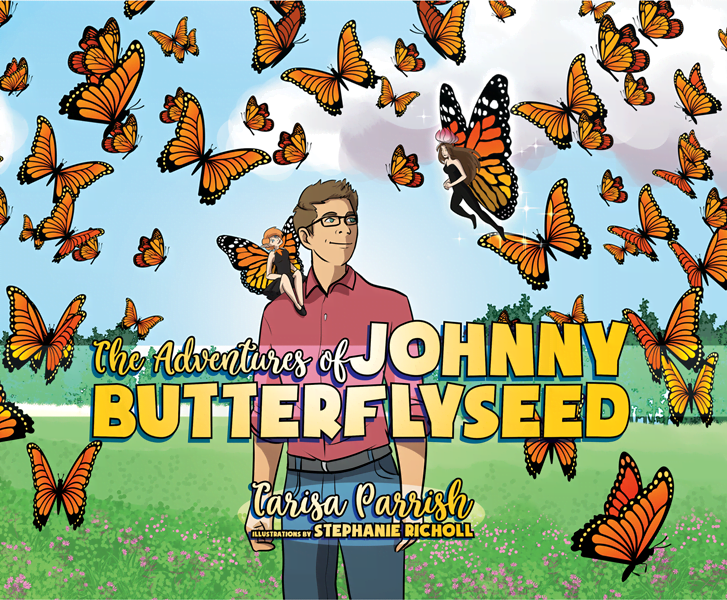
The Adventures of Johnny Butterflyseed – Author Signed First Edition Children’s Book
Save the monarchs!
Johnny Butterflyseed and his fairy friend, Raven Silverwing, embark on a mission to save the rapidly disappearing butterflies. They enlist the help of Queen Venus Goldwing and her kingdom of monarchs to educate and inspire kids to become butterfly farmers. At first, Johnny faces his own internal struggle with self-doubt and fear in his ability to make a difference, but then soon develops a mindset that allows him to not only get started, but also make progress one day at a time. Through challenge after challenge, Johnny learns that he is not alone in his mission and that there are many people who want to help. Together, Johnny, Raven, and Queen Venus educate thousands of children on becoming butterfly farmers.
